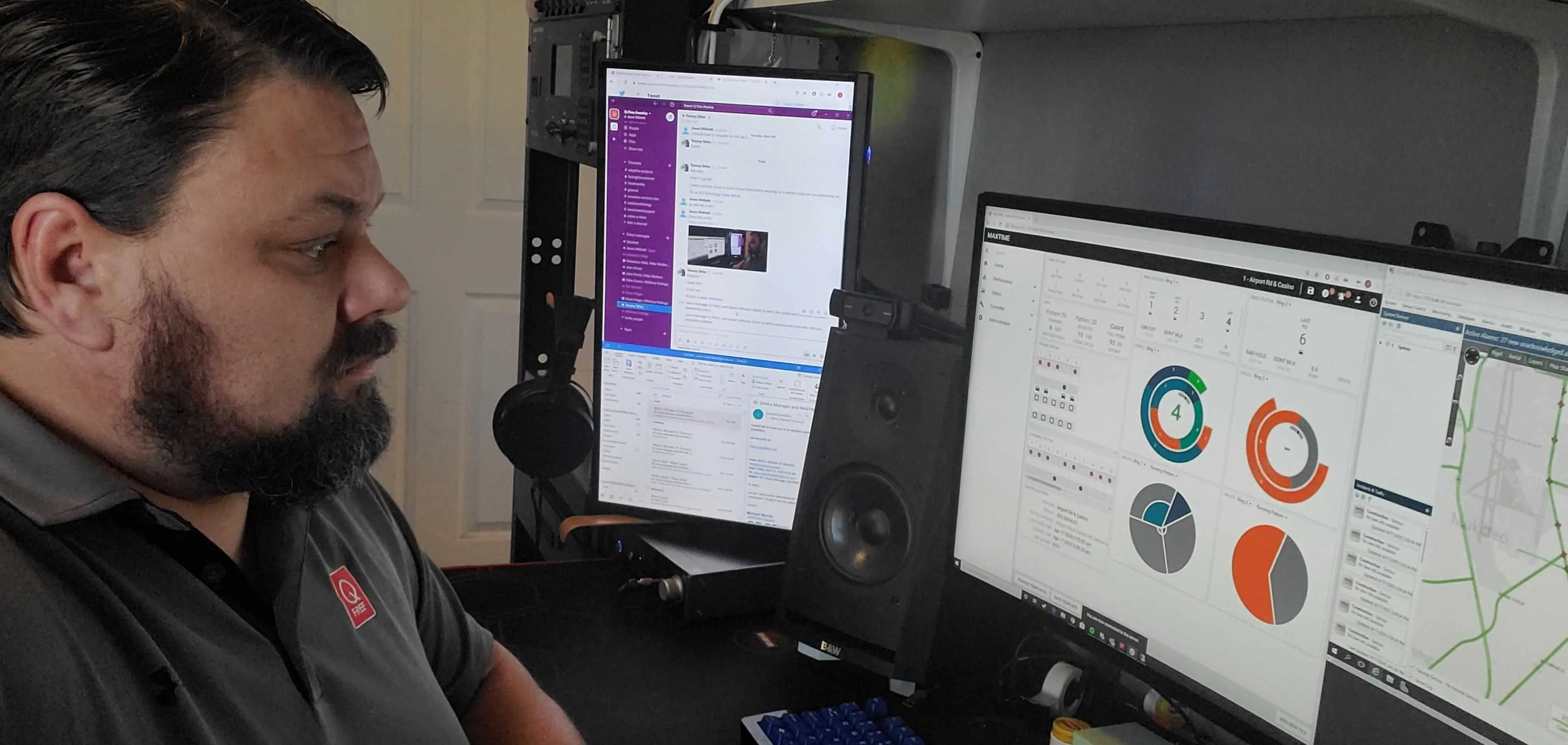
Transport software specialist Flow Labs has announced a new, proprietary standard for intersection performance measurement in the US.
Integrated Signal Performance Measures (ISPMs) offer a more comprehensive approach to signal performance management, the firm says, "enabling improved accuracy, better decision support, and an entirely new strategy for addressing the limitations of traditional methods"
They use artificial intelligence to integrate multiple datasets, including detection, signal and probe data.
Flow Labs says that Automated Traffic Signal Performance Measures (ATSPMs) and Probe-Based Signal Performance Measures (PBSPMs) both have their limitations, "particularly concerning data completeness and accuracy".
ISPMs build on their strengths, the firm adds.
“Despite the advancements in signal performance measures over the last several years, many signals across the country continue to perform poorly, causing endless gridlock in communities,” said Jatish Patel, founder and CEO of Flow Labs.
“ATSPMs and PBSPMs have had a profound impact on signal analytics and have allowed signal management to get closer to its destination. We developed ISPMs to get us the whole way there, simultaneously combining the strengths and eliminating the weaknesses of its predecessors.”
Flow Labs suggests that ATSPMs "provide crucial insights for signal retiming and traffic flow improvement, but rely on connectivity and expensive hardware, including detection devices that are frequently inaccurate".
PBSPMs "offer limited diagnostic capabilities to identify signal issues, and sometimes lack accuracy due to low probe data penetration rates".
Flow Labs’ ISPM offers a holistic approach, the firm insists, enhancing diagnostic capabilities, decision support and overall traffic signal management, including detector health measures, turning count movements, hardware-free red-light running and dilemma-zone entry detection, freight and truck activity, plus insight into vulnerable road users.
“ISPMs are a scalable, cost-effective solution that gives agencies the most comprehensive and accurate view of their intersections," Patel concludes. "It allows them to understand network behaviour, and with decision support, adjust signal timing plans which can significantly reduce regional congestion and ease driver stress.”









